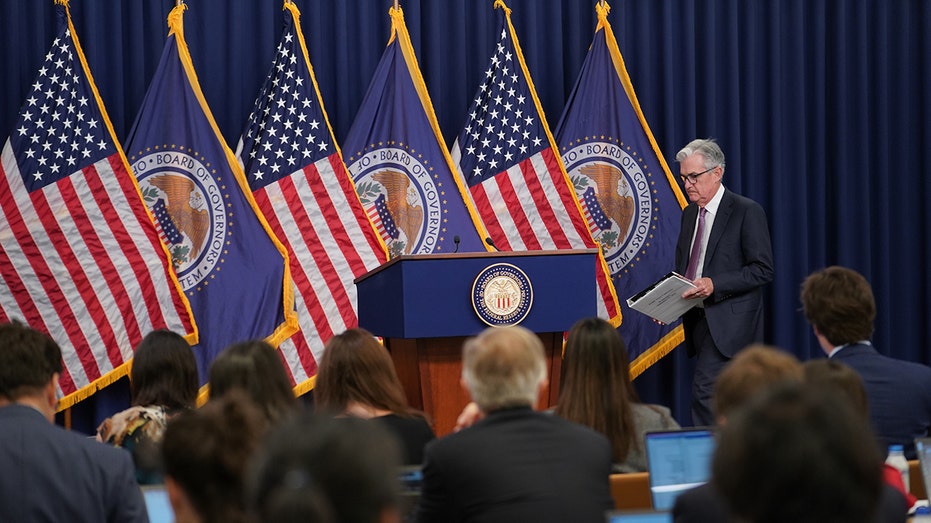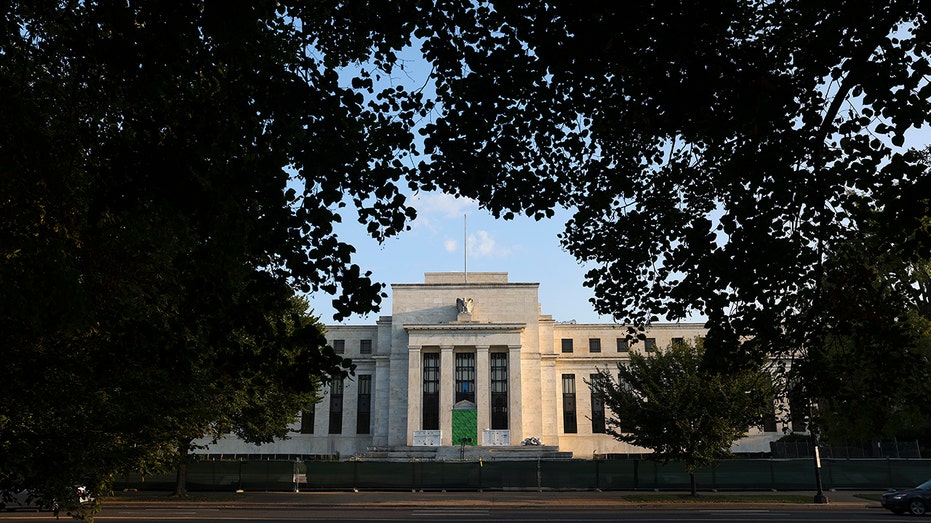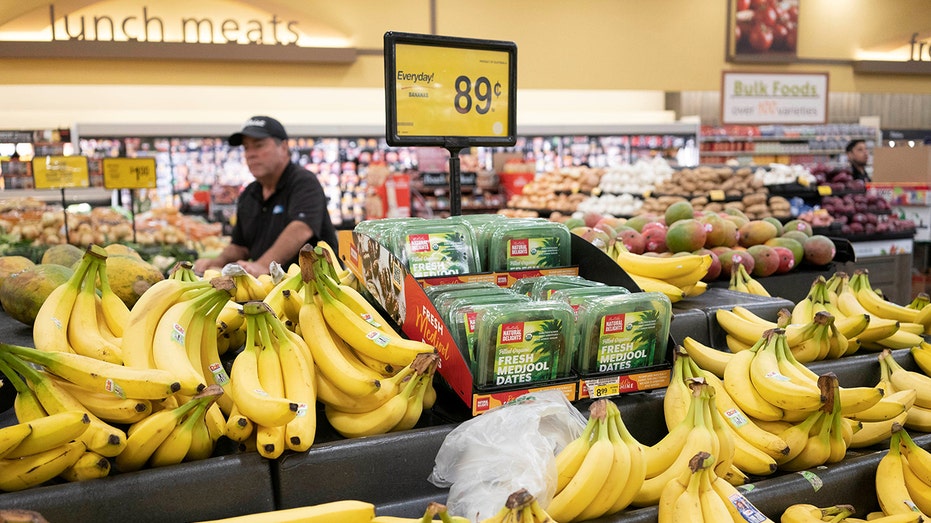Fed barrels toward another 75 basis point rate hike as high inflation persists
Fed worried about the staying power of high inflation
How surging inflation could affect the midterm elections
Townhall.com editor Katie Pavlich and former Tennessee congressman Harold Ford Jr. weigh in on key voter issues ahead of the midterm elections
The Federal Reserve is likely to approve a fourth consecutive super-sized interest rate hike when it meets in November as policymakers grow alarmed about unrelentingly high inflation.
The shift toward another 75 basis point rate hike comes just days after new government data suggested that inflationary pressures in the economy remain strong and undeterred despite increasingly tight monetary policy.
The staying power of high inflation, along with the continued strength of the labor market, has prompted Fed officials to abandon discussion of a smaller rate hike during their November meeting, according to the New York Times.
Policymakers previously anticipated that they would consider slowing their aggressive tightening campaign but were swayed against doing so by a string of hot economic reports, the Times reported.
THE FED'S WAR ON INFLATION COULD COST 1M JOBS

Jerome Powell, chairman of the U.S. Federal Reserve, arrives to speak during a news conference following a Federal Open Market Committee meeting in Washington, D.C., on Sept 21, 2022. (Sarah Silbiger/Bloomberg via Getty Images / Getty Images)
Traders are pricing in a more than 95% chance of another 75 basis point hike at the conclusion of the Fed's two-day meeting Nov. 2, according to the CME Group's FedWatch tool, which tracks trading. Only 4.6% think the Fed will go with a half-point hike instead. The Fed has taken no action to dissuade that expectation.
Officials may also take steps to push rates even higher than they had expected as recently as September as elevated inflation persists despite higher interest rates. The U.S. central bank had projected a peak rate of 4.6% next year, but that could increase depending on forthcoming economic data, the Times said.
SOCIAL SECURITY RECIPIENTS TO SEE BIGGEST COLA INCREASE SINCE 1981
The U.S. central bank has embarked on one of the fastest courses in history to raise borrowing costs and slow the economy. Officials approved a third straight 75 basis point rate hike in September, lifting the federal funds rate to a range of 3.0% to 3.25% — near restrictive levels — and showed no signs of slowing down as they try to crush runaway inflation.
A new Labor Department report last week showed the consumer price index, a broad measure of the price for everyday goods including gasoline, groceries and rents, rose 0.4% in September from the previous month and 8.2% on an annual basis, far faster than experts anticipated.
"We haven’t yet made meaningful progress on inflation," Fed governor Christopher Waller said during a recent speech.

The Marriner S. Eccles Federal Reserve Board Building in Washington, D.C. (Kevin Dietsch/Getty Images / Getty Images)
In an even more concerning development that suggests underlying inflationary pressures in the economy remain strong, core prices, which strip out the more volatile measurements of food and energy, climbed 0.6% in September from the previous month. From the same time last year, core prices jumped 6.6%, the fastest since 1982.
"CPI came in hot, which virtually guarantees the Fed will hike 75 basis points next month and at least 50 in December," said Robert Frick, corporate economist with Navy Federal Credit Union. "And we need to brace for more bad news in October and November as rising oil prices are likely to swing again from reducing to increasing inflation."
There is a growing expectation on Wall Street that the Federal Reserve will trigger an economic downturn as it raises interest rates at the fastest pace in three decades to catch up with runaway inflation.
Economic growth already contracted in the first two quarters of the year, with gross domestic product — the broadest measure of goods and services produced in a nation — contracting by 1.6% in the winter and 0.6% in the spring.

A new Labor Department report last week showed the consumer price index, a broad measure of the price for everyday goods including gasoline, groceries and rents, rose 0.4% in September from the previous month and 8.2% on an annual basis. (Li Jianguo/Xinhua via Getty Images / Getty Images)
Fed Chairman Jerome Powell has all but conceded the central bank will tip the economy into a recession with its rapid rate hikes, warning that higher rates will cause economic "pain."
GET FOX BUSINESS ON THE GO BY CLICKING HERE
"The chances of a soft landing are likely to diminish to the extent that policy needs to be more restrictive or restrictive for longer," Powell told reporters in Washington. "Nonetheless, we’re committed to getting inflation back down to 2%. We think a failure to restore price stability would mean far greater pain."





















